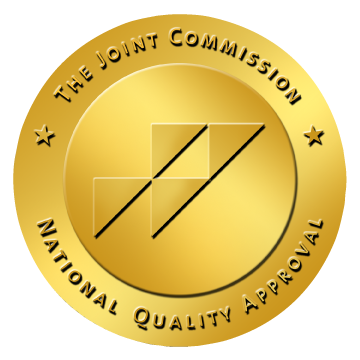Teens often struggle with mental health and emotional issues, which can affect their cognitive development and lead to behavioral problems. Animal-assisted treatment, also known as animal assisted therapy (AAT), is a therapy option that can improve your teen’s emotional, physical, cognitive, and social functioning.
In AAT, your teen would interact with an animal, specifically chosen for them, under the supervision of the AAT therapist. Animals used range from dogs or cats to horses and other farm animals. Research has shown that this therapy can have a positive effect on your teen’s development.
AAT offers several specific benefits to teens who struggle with mental or emotional problems.
Interacting with an animal is a form of socializing, involving reacting to the animal’s cues and speaking to the animal in the proper tone. This can help your teen to learn to react to social cues and to communicate effectively.
As your teen interacts with the animal, they will come to consider the animal a friend. They will take comfort in and look forward to spending time with the animal. This provides a sense of companionship and will reduce feelings of isolation that teens often feel.
Research has shown that interacting with animals can reduce stress and anxiety. Their unconditional, non-judgmental love has a calming effect and provides a sense of safety and security. It also will relieve your teen’s stress by distracting them from their problems or worries.
Part of your teen’s interaction with the animal will involve caring for it, whether by grooming, feeding, or walking the animal. This will help your teen develop a deeper understanding of responsibility and accountability.
The stress reduction and positive feelings that come from interacting with an animal can play a role in reducing blood pressure and improving your teen’s overall health. It can even reduce physical pain and improve the immune system. The interaction also will involve physical activity that can improve both mental and physical health.
It’s important to understand that AAT is a supplement to evidence-based therapies. The AAT therapist will also use an evidence-based therapy or therapies throughout the course of treatment.
Evidence-based therapies for mental health include:
In addition to AAT, your teen may benefit from pet ownership for emotional support. Having a pet provides all the benefits of animal-assisted therapy, but is continuous. Your teen’s therapist may even prescribe an emotional support dog, depending on the severity of your teen’s mental health issues. An emotional support dog is not the same as a service dog, and has no specific training. However, when prescribed, landlords must waive any pet restrictions to allow the emotional support dog to live in the home.
Whether pet ownership is prescribed or not, it can help your teen with stress and anxiety, teach them responsibility, and provide them with love and companionship. This can be invaluable in your teen’s emotional development.
Of course, pet ownership affects the whole family, so before deciding to obtain a pet, you need to consider what’s involved. Pets require food, supplies, and vet visits, all of which can be expensive. You need to make sure that a pet will fit into your budget.
You also should have a buy-in from the whole family to have a pet in the home. If other family members resent the presence of a pet, it can cause more stress for your teen.
Additionally, you need to make sure that you can provide a good environment for the pet. For example, dogs need space to roam and to go outside.
Finally, you need to set clear expectations about what your teen’s responsibility is regarding the pet. If they are going to have full responsibility for the pet’s care, they need to be held accountable.
If your teen is struggling with mental or emotional issues, animal-assisted treatment may be an excellent option. Just keep in mind that it is not a substitute for other therapies, but is instead a supplement. Pet ownership for the long term may also benefit your teen in a hose of ways. At NEMG we can provide resources to get your teen the help they need, whether it includes AAT or not. Reach out to us to discuss how to get started so that your teen can get the help they need to thrive.
